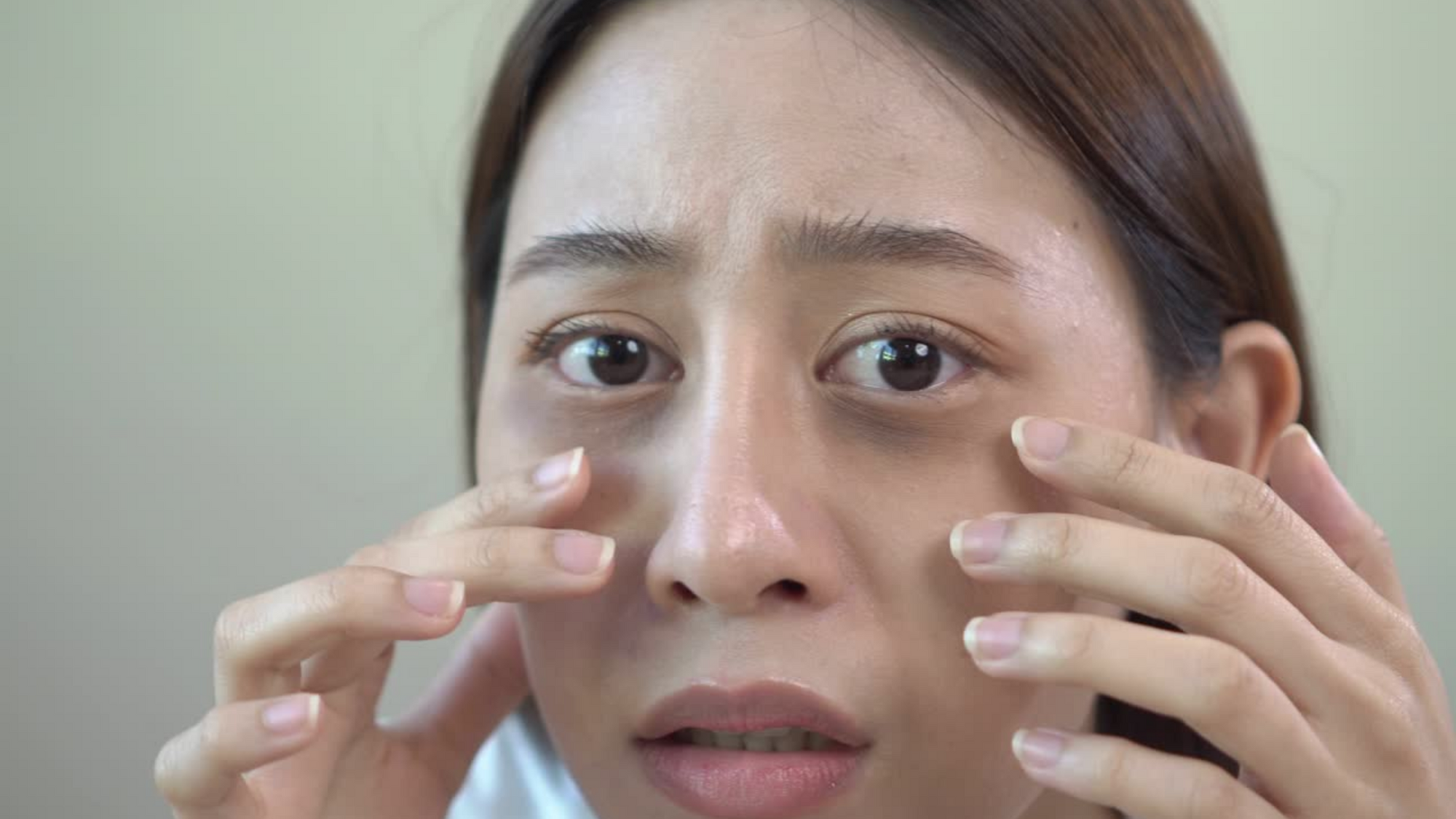
• 10/24/22
Our feelings and emotions can have a much greater impact on our skin and physical well-being than many of us realize – stress is no exception.
When we feel stress, it can show up on our faces, arms, legs and anywhere else. The chemical reaction caused by stress makes our skin more sensitive and can make skin issues more extreme.
These chemicals can increase oils in the skin that cause acne and even cause inflammation to eczema, rashes and even blisters.
It’s not uncommon to experience bouts of acne or even dry and tired skin during stressful periods. These are natural, chemical reactions and although they are common, there are things we can do to try and help.
Aging or Stress?
Of course, as we age, so does our skin but there are signs that stress has impacted it beyond the natural aging process to look out for. Stress can lead to a lack of sleep causing puffiness, bags or wrinkles under our eyes. It can also cause our skin to heal more slowly and lead to dryness and dullness.
Why Do Our Minds Impact Our Bodies?
When you really think about it, many of our emotions can cause a physical reaction. If we are nervous, we might sweat, if we are embarrassed we might blush. So, it’s not too unbelievable that when we feel stressed, our bodies show physical signs of our feelings. Unfortunately, stress can have a more lasting impact on our skin, particularly if we neglect to address it for a long time.
When we feel anxious or stressed, our bodies work overtime, it’s part of our natural fight-or-flight response, and the hormones produced can cause inflamed or itchy skin. The stress chemicals adrenaline and cortisol are common and will impact things like blood flow.
Rosacea, rashes and even autoimmune diseases like vitiligo can stem from stress. On top of this, extremely stressful events can cause hair loss or a sore scalp and this is commonly linked to the effect that stress has on our skin.
How Can We Reduce Stress To Help Our Skin?
Of course, there are a ton of skincare products that can help us to treat the consequences of these effects. Acne treatments, oils, creams and medication can all help, but these could just be treating the problem on a surface level. Typically one of the best ways to reduce the impact on our skin is to cut it off at the source by reducing stress and finding ways to better cope with it in our day-to-day lives.
On top of physical skin treatments, we can find better ways to care for our minds with better morning routines, meditation, and mindfulness.
There have been suggestions that meditation can help reduce the impact of stress on our skin. Meditation can help to reduce catecholamine levels (one of the hormones that causes the production of inflammatory skin cells.) Meditation is one of the more common stress-relieving activities and it will go hand-in-hand with things like aromatherapy and massage, which are all designed to combat our stress and anxiety levels.
For extreme cases, medication might be necessary but it’s vital to not underestimate the impact that stress can have not just on our mental health but also on our physical wellbeing.



Comments
0 Comments
Leave a Comment